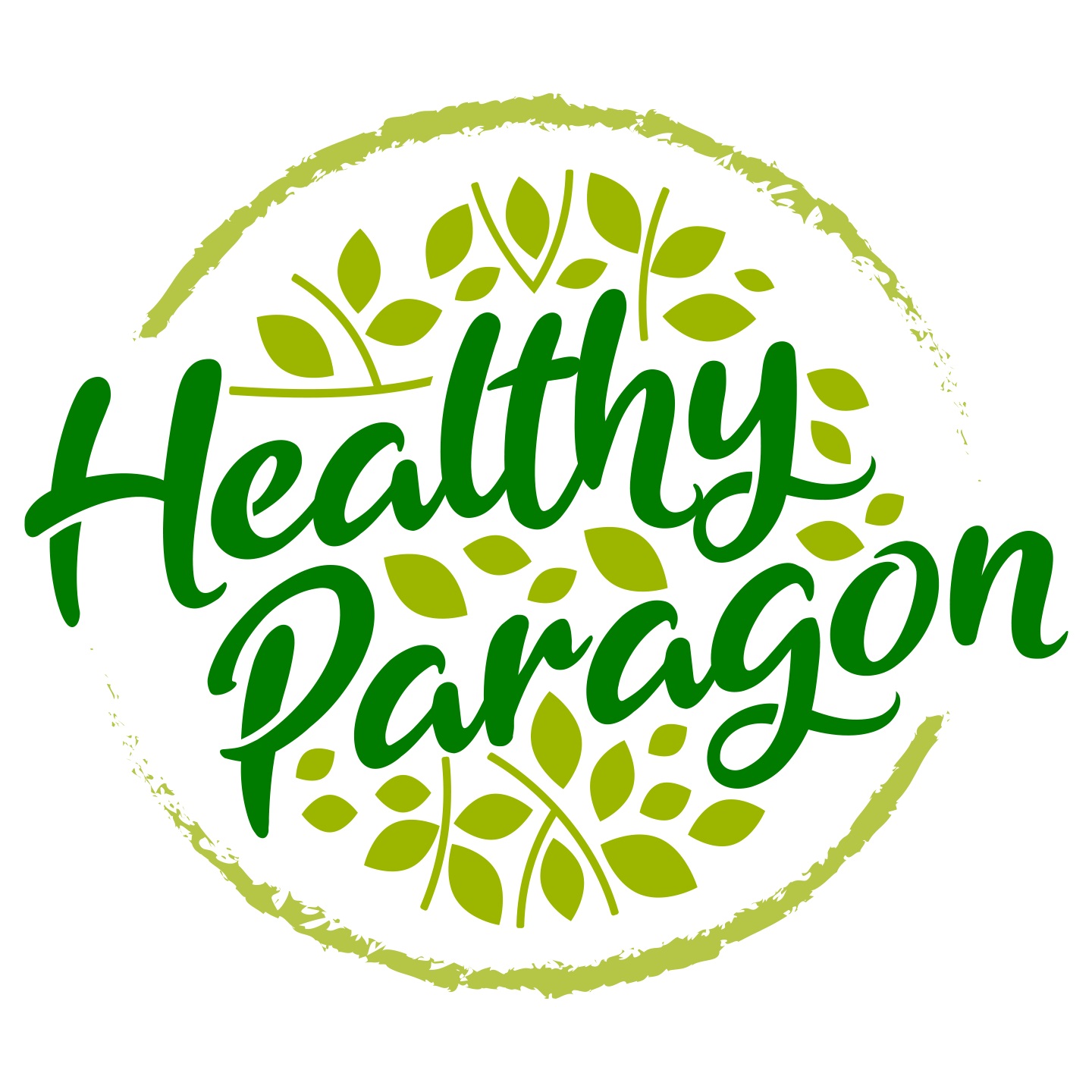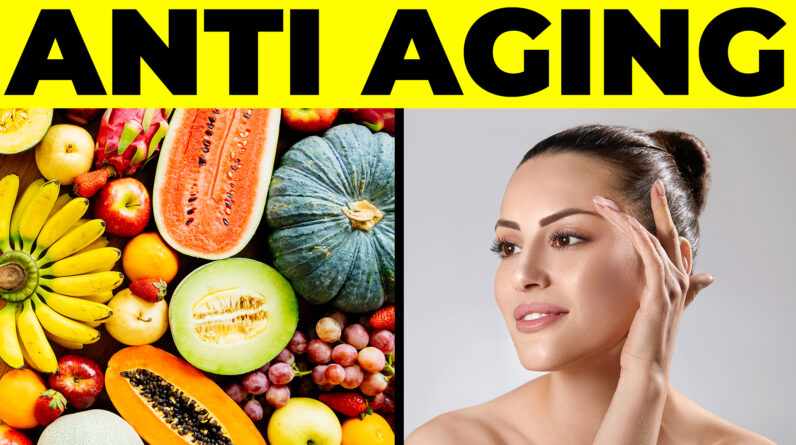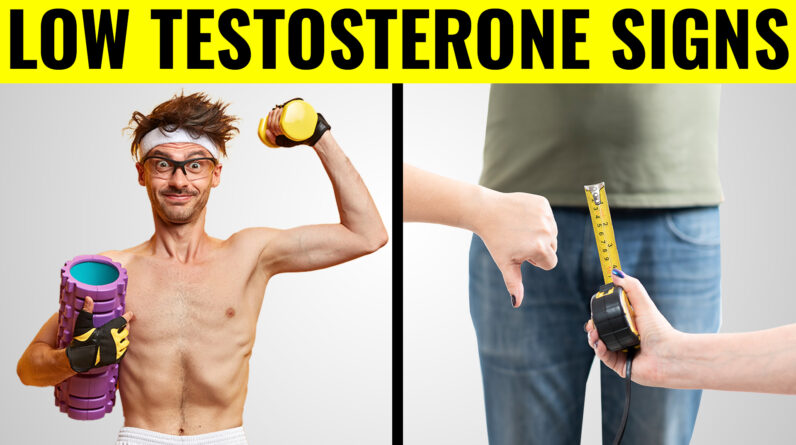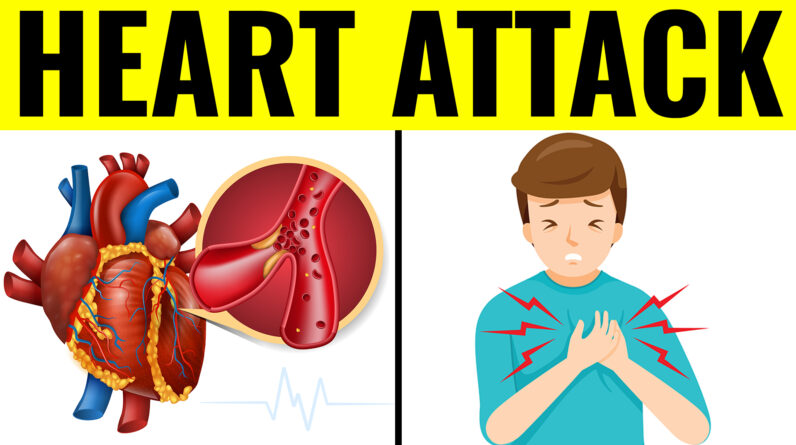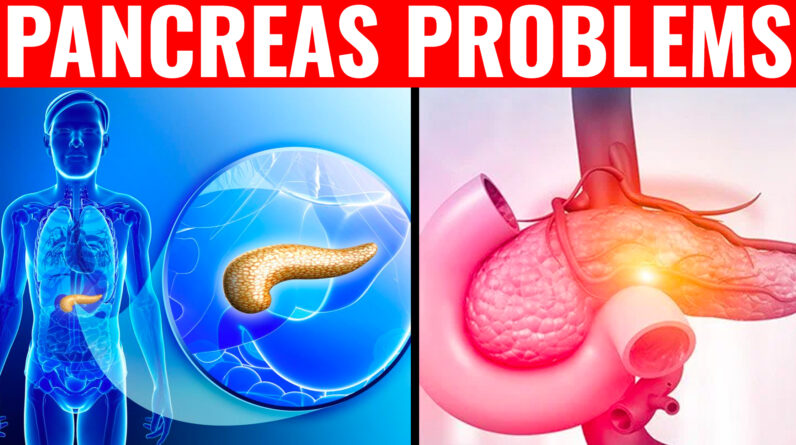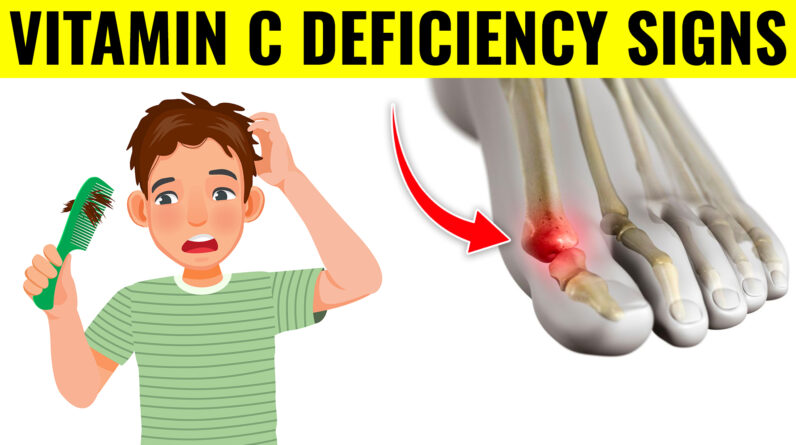
Vitamin C is an essential nutrient that is needed for a number of functions including the health and repair of body tissues and the protection of cells. However, this vitamin cannot be produced by the human body, hence the need to ensure that vitamin C is present in our diets. This is very important because the absence of this essential vitamin could lead to one or more of the following issues:
1. Nose Bleeds, Bleeding Gums, and Easy Bruising
Among the many functions of vitamin C is ensuring that your blood vessels are healthy and do not form blood clots. So, if you are not consuming the right amount of vitamin C, your blood vessels will not be as healthy as they should be, causing you to bruise easily and even bleed in your gum and from your nose.
So, if you find that you bruise or bleed easily or frequently, ask yourself if you’ve been consuming as much vitamin C as you should be.
2. Slowly Healing Wounds
Unfortunately, not only does a vitamin C deficiency lead to bruises and bleeding, your wounds would also take a longer time to heal than necessary. And this is because vitamin C is necessary for the production of collagen, which is a protein that is important for the repairing of skin and body tissues.
What’s even worse is that the vitamin C levels in the blood and tissue go down when you get injured. So, when you add the fact that you just got injured to the fact that you haven’t been consuming enough vitamin C, you can already begin to understand why your wound takes an unnecessarily long time to heal. No, it is not normal.
3. Dry, Bumpy Skin
Remember the collagen that was just mentioned? Yea, it doesn’t only repair skin, it also generally makes sure that the skin is healthy.
Now, our bodies produce this protein, but it needs vitamin C to do that. So, if you are not consuming enough vitamin C, your body will under-produce collagen, resulting in the skin condition called Keratosis pilaris. And the condition is characterized by bumpy skin on the upper arms, thighs, or buttocks.
That said, Keratosis pilaris can be symptomatic of a number of other illnesses, so you should still consult with your doctor or a dermatologist if you have this issue.
4. Spoon-Shaped Fingernails with Red Spots or Lines
Spoon-shaped fingernails with red spots or lines are actually a result of iron deficiency anemia. But considering that iron deficiency anemia could result from a vitamin C deficiency, it is not difficult to make the connection between a vitamin C deficiency and spoon-shaped fingernails.
The reason iron deficiency anemia can result from a vitamin C deficiency is that vitamin C helps the body to properly absorb iron from plant-based foods.
So, insufficient vitamin C might make it difficult for your body to absorb iron, leading to a number of complications, including spoon-shaped fingernails that are also quite brittle.
5. Scurvy
Consuming less than 10mg of vitamin C per day will cause scurvy, which is probably why the disease is not as prevalent as it was in like the 1700s. Not much vitamin C is needed to prevent scurvy, so if you are having scurvy, it means vitamin C is almost non-existent in your diet. And the disease would most likely also be accompanied by a number of other complications including loose teeth, brittle bones, and joint pain.
6. Unexplained Weight Gain
Vitamin C is one of the nutrients that helps to decrease inflammation and could also help regulate the release of fat from fat cells.
As a result, difficulty losing weight or unexplained weight gain could be a sign of a vitamin C deficiency. In fact, low blood levels of vitamin C have been linked to higher amounts of belly fat.
That said, it is important to remember that unexplained weight gain is not only symptomatic of a vitamin C deficiency. There are a number of other issues that could cause this. So, speak with your doctor if you find that you can’t lose weight or are gaining weight even without changing your diet or activity level.
7. Tired and Cranky
Something else that could be symptomatic of a vitamin C deficiency, among other health issues, is being tired and cranky. This one has something to do with the link between vitamin C deficiency and iron deficiency anemia.
As a result of iron deficiency anemia which might have been a result of a vitamin C deficiency, you might find yourself getting unnecessarily tired and cranky.
8. Painful, Swollen Joints
We’ve talked about collagen a couple of times and how it is important for healthy skin and skin repair. Well, collagen is also necessary for joint health and strength, and that is because the tissues in our joints contain collagen.
So, low vitamin C would mean low collagen supply, which could cause bleeding in the joints, leading to swelling and a lot of pain.
9. Weak Bones
Vitamin C deficiency has also been linked to weak bones. And that is because vitamin C, interestingly, plays a significant role in bone formation. It might not be as “important” as the calcium that we all know, but it is important to impair bone formation if there isn’t enough of it.
As a result, children, who are still growing and developing, are more at risk of developing weak bones as a result of a vitamin C deficiency.
10. Weak Immunity
While vitamin C is good for specific bodily functions, it also contributes to the overall wellness of the body. In fact, according to some studies, vitamin C stores up in a number of different immune cells, helping them to do their work of fighting off infections and diseases even better.
There have also been studies that have linked a healthy vitamin C consumption to pneumonia and bladder infections protection.
So, if you are not consuming enough vitamin C, you are basically putting your body at risk of infections, and then making it difficult for your body to do much about it.
11. Vision Loss
Age-related macular degeneration is vision loss that comes with and progressively gets worse as a result of aging. Now, this is generally natural, but might be spurred on by vitamin C deficiency.
Consuming a healthy amount of vitamin C might actually help to slow down age-related macular degeneration, and might also help to prevent cataracts. More research has to be conducted in this regard, though, but it sure doesn’t hurt to up your vitamin C consumption.
Now, speaking about upping your vitamin C consumption, how much vitamin C should you be consuming every day, in the first place? Well, for children aged 1 to 10, the required daily consumption is 30mg. For children aged 11 to 14, they need 35mg every day. And then for anyone that is 15 or older, the required daily consumption is 40mg.
Thankfully, vitamin C is a very common nutrient in nature. The human body does not produce the nutrient but a lot of foods are abundant with it. If you just eat a balanced diet, making sure to include your fruits and veggies, you’ll be good.
This is why vitamin C deficiency is not very common in developed countries where there is availability of fresh produce, and eating a balanced diet isn’t much of a difficulty. That said, 7% of adults in the US have a vitamin C deficiency, so there is still need to be cautious.
Finally, what can you do if you suspect that you have a vitamin C deficiency? Well, if the symptoms are not too severe, you could just increase your vitamin C consumption and that should take care of things.
However, it is probably better to speak with your doctor if you can afford to. And that is because they won’t only check for a vitamin C deficiency, they’ll also be checking to see whether or not there are other issues that might have resulted from the vitamin C deficiency, like an iron deficiency.
Whichever course of action you take, the solution to a vitamin C deficiency is always to replace the vitamin C that is lacking in your diet. If you speak with a doctor, they might recommend vitamin C supplements if you are seriously lacking, but you should be able to go off those after a while.
Ultimately, you’ll have to find ways to add citrus fruits, strawberries, potatoes, peppers, broccoli, brussels sprouts, and other foods rich in vitamin C to your diet.
